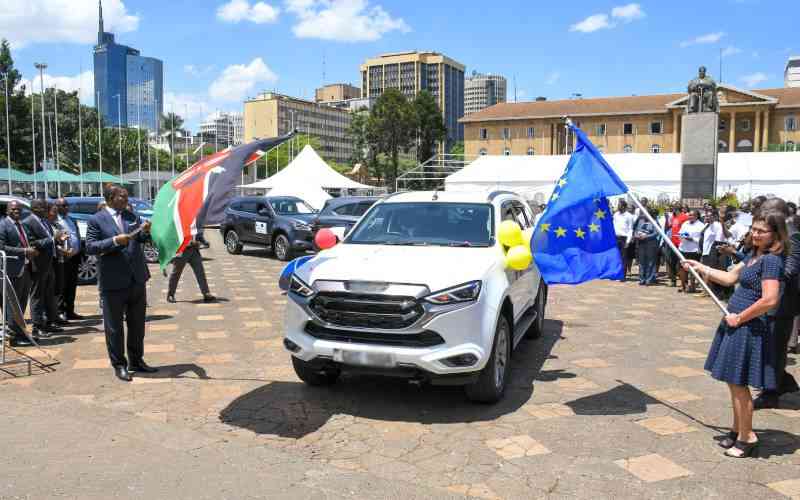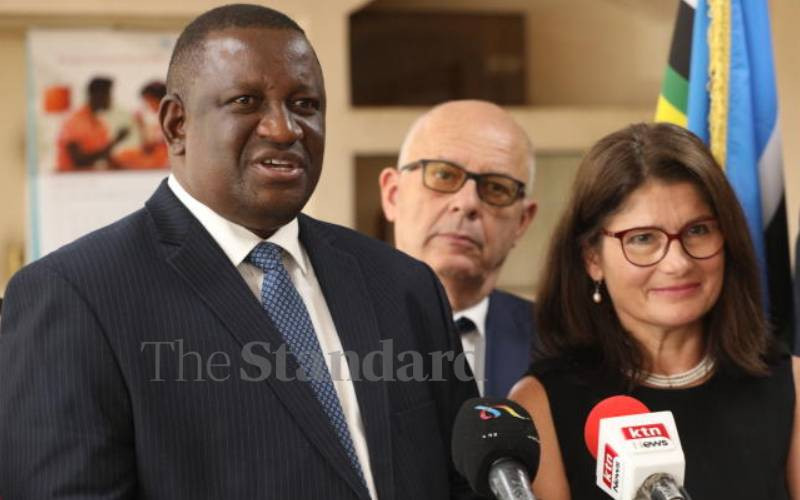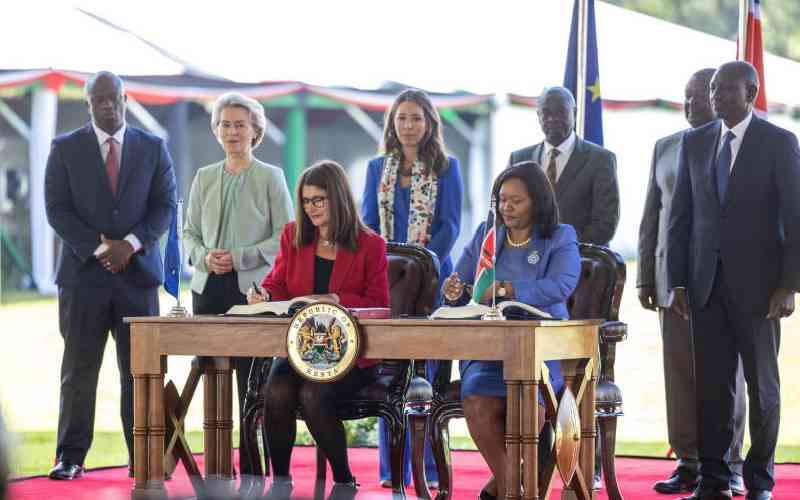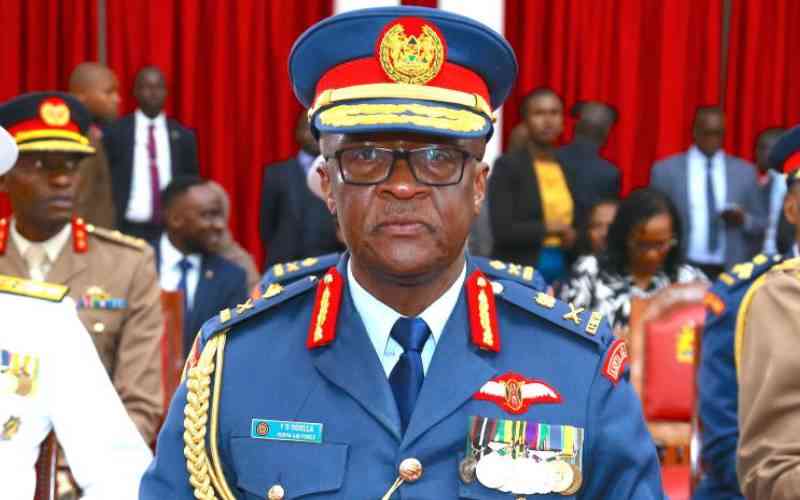By LYNET OTIENO
KENYA: Africa’s aviation is projected to experience the highest growth in terms of international air traffic.
According to the African Airlines Association (AFRAA) Secretary General Elijah Chingosho, the continent’s airlines will also reap big from the growing number of tourist arrivals.
This is despite safety challenges facing African aviation due to the continent’s inability to speak in one voice is worsening the situation.
“Over the period 2010-2015, Africa will be one of the fastest growing regions in the world in terms of international traffic with an average growth rate of 6.1 per cent, compared to the global average of 5.8 per cent,” said Chingosho at an aviation forum in Mombasa organised by airlines’ Annual General Assembly (AGA).
Strong negotiations
Chingoso said that the European Union’s (EU) move to ban certain African airlines is also a point of concern. “AFRAA is opposed to the EU banned list, which is negatively painting all African airlines,” said the AFRAA Secretary General.
“We need the AU and African States to help reverse this… ensuring a common African negotiating position since the EU negotiates as a block whilst African States negotiate individually.”
African airlines only have 20 per cent of the intercontinental market share, with only about 12 countries operating airlines in and outside Africa, compared to more than 26 in the 1980s and 1990s. The performance of the continent’s aviation industry is also lagging behind at less than three per cent of global revenue persons kilometres.
This is as a result of high industry costs, inadequate infrastructure at several airports, as well as lack of a single traffic rights negotiating body with respect to third parties like the EU. Industry captains also called for change of policies and increased participation by African States to address some of the challenges.
The challenges highlighted in the conference themed, “Challenging Times – Africa’s Strategic Alignment,” included market access and liberalisation, infrastructure development and cooperation, high fuel cost and insufficient number of qualified technical staff.
Others were inadequate investment in infrastructure to meet the growth in demand, inadequate resources to catch up with the advancement in new technologies, as well as restrictive policies to grow, expand and become competitive.
Locally, the national carrier is also facing East. “You cannot store all your eggs in one market,” AFRAA President and Kenya Airways Chief Executive Titus Naikuni at the event yesterday, explaining that the West has been a major market for KQ, but with the increase in opportunities in the East, there is harm in investing, as “people like new frontiers.”
He said the airline might also open up the Southern frontier.said The poor performance of Africa in the aviation industry is equated to the little benefit it gets from tourism, as compared to other continents.
Growth figures
Stay informed. Subscribe to our newsletter
The United Nations Tourism Organisation. Figures indicate that Africa and the Middle East each only got five per cent of the 1.035 billion international tourism arrivals last year.
Europe had the highest of the traffic at 52 per cent, while America and Asia got 16 per cent and 22 per cent respectively, according to the figures released at the AFRAA Annual General Assembly yesterday. The report, however, shows that Africa saw the second highest growth in number of tourist arrivals, with three million more arriving last year. “There is no gainsaying that aviation provides dynamic support for businesses, trade, tourism, cultural and social activities, which significantly contribute to Africa’s economic growth and prosperity,” said Dr Chingosho.
Stakeholders noted that improved safety will help the State develop adequate infrastructure, recover intercontinental market share, removed excessive taxes and charges. This will promote the implementation of African Civil Aviation Policy as well as observe gas emissions.
Stakeholders were told that despite the international community coming up with a global deal on aviation emissions, “The EU still wishes to pursue its emission trading scheme for flights within the EU airspace.” Also present was Kwale Governor Salim Mvurya and his deputy.
 The Standard Group Plc is a
multi-media organization with investments in media platforms spanning newspaper
print operations, television, radio broadcasting, digital and online services. The
Standard Group is recognized as a leading multi-media house in Kenya with a key
influence in matters of national and international interest.
The Standard Group Plc is a
multi-media organization with investments in media platforms spanning newspaper
print operations, television, radio broadcasting, digital and online services. The
Standard Group is recognized as a leading multi-media house in Kenya with a key
influence in matters of national and international interest.
 The Standard Group Plc is a
multi-media organization with investments in media platforms spanning newspaper
print operations, television, radio broadcasting, digital and online services. The
Standard Group is recognized as a leading multi-media house in Kenya with a key
influence in matters of national and international interest.
The Standard Group Plc is a
multi-media organization with investments in media platforms spanning newspaper
print operations, television, radio broadcasting, digital and online services. The
Standard Group is recognized as a leading multi-media house in Kenya with a key
influence in matters of national and international interest.








